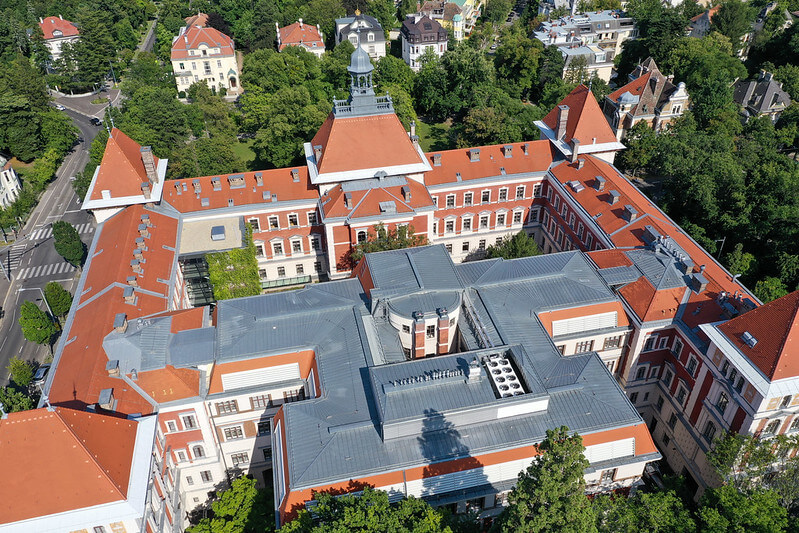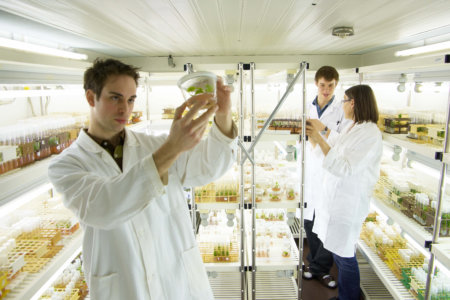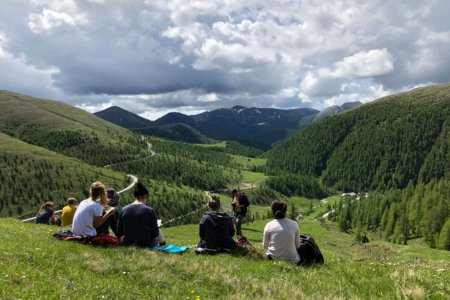Sustainability is one of humanity’s greatest challenges that’s also high on the political agenda. Issues such as climate change, food security, and scarcity of resources mean sustainability experts are needed to solve these real-world challenges.
BOKU University of Natural Resources and Life Sciences, Vienna is the bridge that connects scientific, technical, and socioeconomic topics for sustainable developments in society. Known as one of the best universities in Europe for the field, BOKU is the only university in Austria that focuses all of its research and teaching on the sustainable protection and sustainable use of natural resources.
The university offers English-language master’s programmes in Biotechnology, Mountain Forestry, and Water Management and Environmental Engineering, to name a few. It draws on its vast experience in sustainability, while these courses also equip students with industry-ready skills. As BOKU celebrates its 150th anniversary next year, it looks forward to focusing its next 150 years on looking ahead sustainably; conducting excellent research-led teaching; and finding solutions to social challenges.
Professor Gerda Schneider, Chairwoman of the Senate, says BOKU’s 150 years of excellent research-led teaching by committed employees have helped the university become one of the leading universities for sustainability and life sciences in Europe. “BOKU successfully trains the experts and managers of tomorrow to cope with global challenges,” she adds.
Dr. Kurt Weinberger, Chairman of the University Council, notes: “This special anniversary is an occasion and an obligation to present the outstanding competencies of the University of Natural Resources and Life Sciences for the solutions of the great social challenges, both at present and in the future.”
Research on global issues
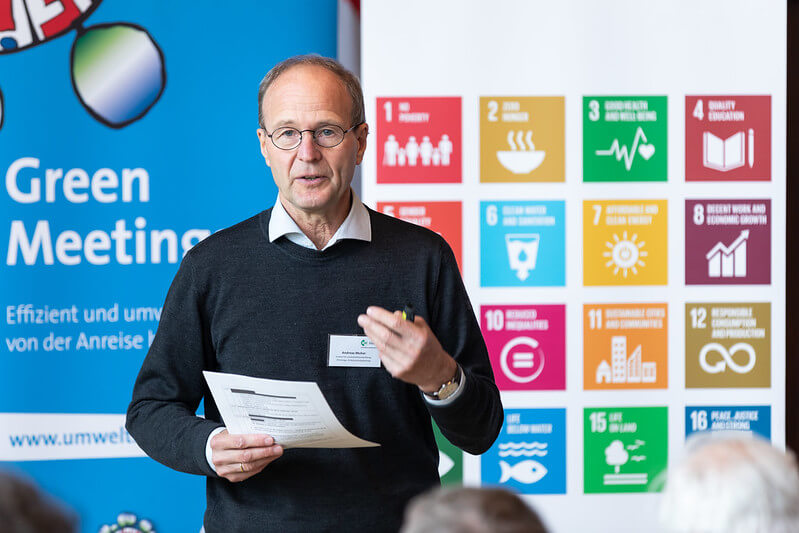
BOKU is a leading institution where science and students exchange ideas with stakeholders from economics and politics on the sustainable development of society. Source: BOKU University
BOKU is an innovative leader in the green economy, integrating sustainability into all societal processes. They appointed more than 50 professors and opened brand new laboratories, office buildings, and lecture halls to achieve this goal. It was also the first Austrian university to include R4D (Research-for-Development) in its strategy for internationalisation and in establishing a Centre for Development Research.
Studying here means being challenged every day. Students will learn to address pressing present and future challenges through research both in and out of the classroom. This includes research in renewable resources, new materials, food safety, food production, climate change, biotechnology, natural hazards, conservation of natural habitats and water supply/use, and smart farming and forestry.
The university engages in research that identifies future problems and encourages efforts to provide and stimulate global change. Some of BOKU’s research that is helping to build a more sustainable world include the following:
Mapping the forest disturbance regimes of Europe
BOKU researchers sought to understand changes in forest disturbances in Europe. Between 1986 and 2016, 17% of Europe’s forest area was disturbed by pollution and/or natural causes. Researchers used satellite data to map forest disturbances across continental Europe and analysed the patterns and trends in disturbance size, frequency, and severity. This research provided spatial information that is critical for understanding the ongoing changes in Europe’s forests.
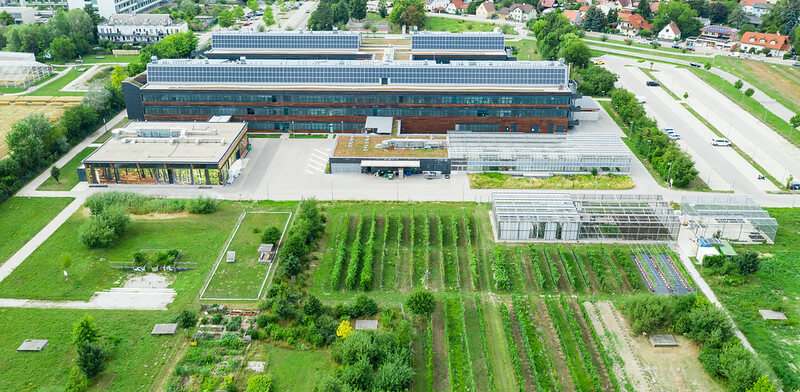
BOKU takes pride in its international collaboration with partners worldwide. Source: BOKU University
Using cattle stomachs to combat plastic waste
Single-use plastics like disposable coffee cups, plastic bags, and straws have adverse effects on the environment. Plastic waste output has been growing over the years, often accumulating in landfills or the environment. In Europe alone, there are almost 26 million tons of garbage in the environment and oceans, of which around 15% is made up of polyester.
Plastic is difficult to break down, but BOKU researchers are playing a role in developing a sustainable option for reducing plastic waste through microorganisms. Groundbreaking research from non-profit organisation the Austrian Center of Industrial Biotechnology (acib) and BOKU Vienna show that bacteria from cow stomachs can be used to break down types of polyester. acib and BOKU researchers have proven that the process works and that a new path in plastic recycling could be pursued.
There are many other interdisciplinary research topics being conducted at the university, from investigating emissions of the greenhouse gas nitrous oxide to the conservation of biodiversity. Underpinning its research are its efforts to promote sustainability.
Ultimately, there’s plenty that BOKU has achieved — and continues to achieve — by drawing on its 150 years of expertise. If you’re eager to become a student or to learn more about the university, click here.
Follow BOKU University of Natural Resources and Life Sciences on Facebook, Twitter, Instagram, YouTube and Flickr

